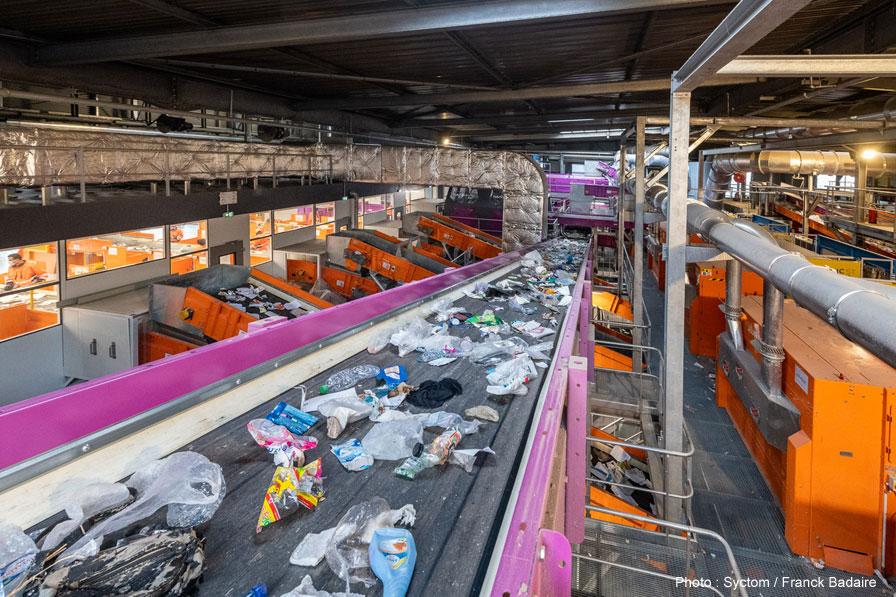Projects to convert residual waste into renewable, low-carbon gas

Citeo, Eco-mobilier, GRTgaz and the Syctom (France’s mainland household waste treatment agency) have signed a memorandum of understanding to pool their experience and expertise so as to help optimise the treatment of residual waste. Promising technologies for converting waste – such as adjuvanted wood, solid recovered fuels, sorted paper packaging and sludge from purification plants and industry – are starting to emerge.
Converting such residual waste into renewable, low-carbon gas is one of the solutions for the future. It adds a new layer to the hierarchy of waste treatment methods, providing an opportunity to convert waste into easily transportable and storable energy, and a way to recover material waste – the gas can be used as a raw material for the chemical industry. To speed up the industrialisation of these innovative technologies and help develop related projects to produce renewable, low-carbon gas in France, companies are going to start working together on building a platform of multi-expertise, complementary services.

As part of this initiative, partners are keen to share their expertise with:
- local communities and regional waste recovery unions, as well as with all other economic stakeholders with waste resources that they want to convert;
- technology developers working along the whole length of the value chain – from the pre-treatment of residue and waste through to the production and conversion of synthetic methane;
- developers and production project managers, design firms, development and construction architects, etc.
The purpose of this memorandum of understanding is to determine a service scope over the next few months, and to create procedures for implementing these services and making them available, while adhering to a few underlying principles:
- facilitate support for technology managers and project managers, help raise the profile of the sectors and the associated value chain;
- give preference to a fast and direct operational approach;
- significantly open up access to all stakeholders and all technologies.
At this juncture, the partners are intending to provide service offerings structured around three value propositions:
- Evaluating, qualifying and supporting the mobilisation of waste resources and reserves;
- Supporting the development of projects to recycle regions' waste resources;
- Supporting the industrialisation of technologies.
This platform is incontrovertibly useful for speeding up the industrialisation of these technologies, decarbonising the gas mix in France by incorporating local production at regional level and strengthening the circular economy. The partners have therefore given themselves until 2023 to build on their assumptions and confirm its feasibility.